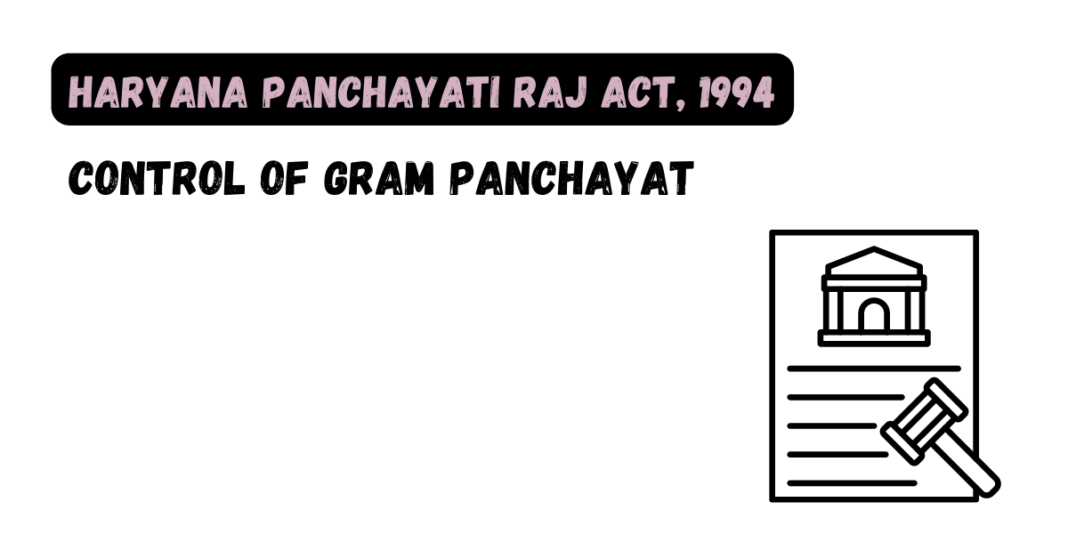The Gram Panchayat, a local governing body in rural areas, is subject to various controls to ensure transparency and accountability in its functioning.
Controls of Gram Panchayat include:
- Statutory controls: The Gram Panchayat is governed by various statutory provisions, including the state Panchayati Raj Act, which prescribes the duties and functions of the Gram Panchayat, its powers and responsibilities, and the procedures to be followed in its functioning.
- Financial controls: The Gram Panchayat is required to maintain proper financial records and accounts, which are audited annually by the state government or an authorized agency. The Gram Panchayat is also required to prepare an annual budget, which is subject to the approval of the Gram Sabha.
- Administrative controls: The Gram Panchayat is accountable to the higher levels of the Panchayati Raj system, including the Block and District Panchayats. The Block Panchayat has supervisory powers over the Gram Panchayat, and the District Panchayat acts as a monitoring and coordinating body for the Panchayati Raj system in the district.
- Judicial controls: The Gram Panchayat is subject to the jurisdiction of the courts, and its decisions and actions can be challenged in the courts of law.
- Social controls: The Gram Panchayat is accountable to the Gram Sabha, which is the general body of all adult residents of the village. The Gram Sabha can question the Gram Panchayat’s decisions and actions and can even pass a no-confidence motion against it if it is not satisfied with its performance.
These controls ensure that the Gram Panchayat functions in a transparent and accountable manner and works for the development of the village and the welfare of its residents.





